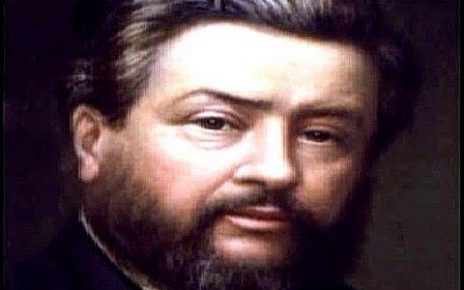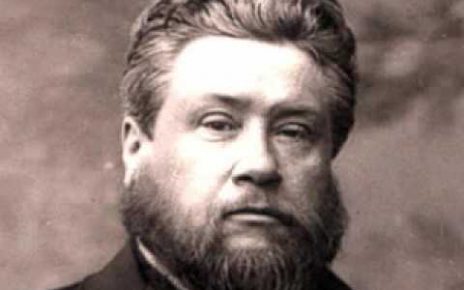A large video collection of classic hymns, contemporary Praise and Worship songs, and the works (audio books, devotional readings, and sermons) of men greatly used of God, such as: Charles Spurgeon, Jonathan Edwards, A.W. Tozer, A.W. Pink, John Owen, Oswald Chambers, Andrew Murray, E.M. Bounds, John Bunyan, George Whitefield, and many more, covering topics on many aspects of the Christian life. May your time spent here be blessed.
Apostates
Hebrews 3:12 Take heed, brethren, lest there be in any of you an evil heart of unbelief, in departing from the living God.
Portrayed in photo: Julian the Apostate (Latin: Flavius Claudius Julianus Augustus) (331/332– 26 June 363), commonly known as Julian, or also Julian the Philosopher, was Roman Emperor from 355 to 363 and a noted philosopher and Greek writer.
Julian was a man of unusually complex character: he was “the military commander, the theosophist, the social reformer, and the man of letters”. He was the last non-Christian ruler of the Roman Empire and it was his desire to bring the empire back to its ancient Roman values in order to save it from “dissolution”. He purged the top-heavy state bureaucracy and attempted to revive traditional Roman religious practices at the cost of Christianity. His rejection of Christianity in favour of Neoplatonic paganism caused him to be called Julian the Apostate by the church. Interestingly, he was also the last emperor of the Constantinian dynasty — the empire’s first Christian dynasty.
Study the Bible Topically
by R. A. Torrey
To do this it is not necessary to read every verse in the Bible from Genesis to Revelation. It would be slow work, if we had to do that on every subject we took up. This would be necessary were it not for Text Books and Concordances. But in these we have the results of the hard work of many minds. Here we have the various passages that bear on any subject brought together and classified for use, so that now we can do in a few hours what would otherwise take months or years. The topical method of Bible study is simplest, most fascinating and yields the largest immediate results. It is not the only method of Bible study, and the one who pursues it exclusively will miss much of the blessing God has for him in Bible study. But it is a very interesting and fruitful method of study. It is Mr. Moody’s favorite method. It fills one’s mind very full on any subject studied.
Some important starting topics are:
Sin
The Atonement of the Blood of Christ
Justification
The New Birth
Adoption
Sanctification
Faith
Prayer
The Resurrection of Christ
The Ascension of Christ
The Second Coming of Christ
The Godhead (Trinity)
Christ is God
Scripture
Mr. Moody once gave several days to the study of “Grace.” When he had finished he was so full of the subject that he rushed out on the street and going up to the first man he met he said: “Do you know anything about Grace?” “Grace who,” the man asked. “The Grace of God that bringeth salvation.” And then Mr. Moody poured out upon that man the rich treasures he had dug out of the Word of God.
That is the way to master any subject and to get full of it. Go through the Bible and see what it has to say on this subject. This is easily done. Take your Text Book and turn to the subject. Suppose the subject you desire to study is “Prayer.” On Prayer will be found a long list of the various passages of Scripture that bear on this subject. Look them up one after another and study them carefully and see just what their teaching is. When you have gone through them you will know far more about prayer than you ever knew before, and far more than you could learn by reading any books that men have written about prayer, profitable as many of these books are.
Sometimes it will be necessary to look up other subjects that are closely related to the one in hand. For example, you wish to study what the teaching of God’s Word is regarding the atonement. In this case you will not only look under the head “Atonement” on Atonement, The, but also under the head “Blood” on Blood, and under the head “Death of Christ,” on Death of Christ, The. To do this work a concordance is not necessary but it is often very helpful. For example, if you are studying the subject “Prayer” you can look up from the concordance the passages that contain the words “pray,” “prayer,” “cry,” “ask,” “call,” “supplication,” “intercession,” etc. But the Text Book will give most of the passages on any subject regardless of what the words used in the passage may be. Other passages will be found in the section on Bible Doctrines under their proper headings.
-~-~~-~~~-~~-~-
Please watch: “A Call to Separation – A. W. Pink Christian Audio Books / Don’t be Unequally Yoked / Be Ye Separate”
-~-~~-~~~-~~-~-
source




